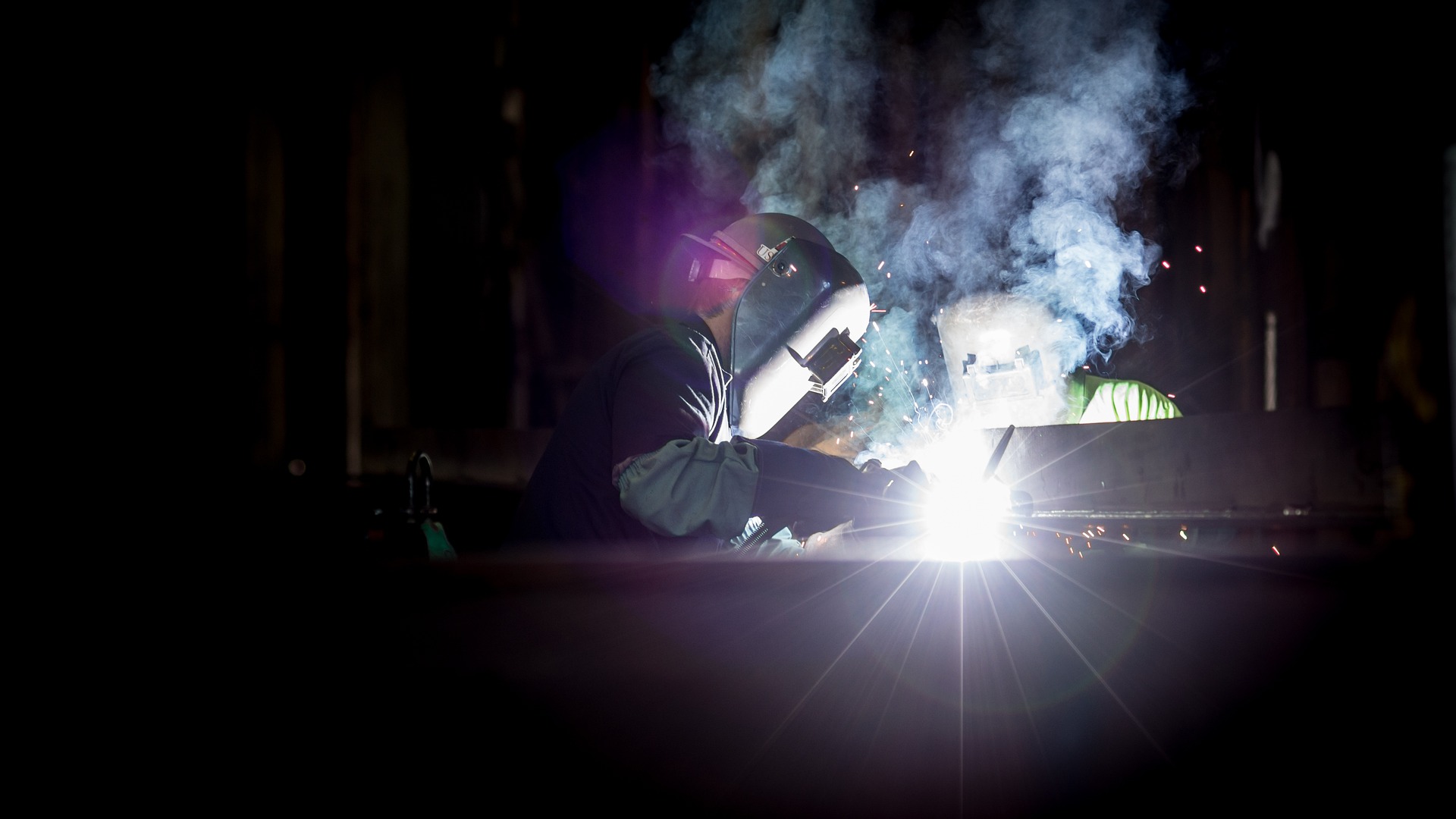The Art of Welding: Training and Certification in Japan
Welding is a critical skill in various industries, from construction to manufacturing. In Japan, a country known for its technological advancements and precision engineering, welding training and certification are taken very seriously. This article explores the landscape of welding education in Japan, covering the importance of proper training, certification processes, and the unique aspects of pursuing a welding career in this innovative nation.
What Does Welding Education in Japan Entail?
In Japan, welding education is a comprehensive process that combines theoretical knowledge with hands-on practice. Training programs typically cover various welding techniques, including arc welding, TIG welding, and MIG welding. Students learn about different types of metals, their properties, and how they react under various conditions. Safety protocols are heavily emphasized, with trainees learning about proper equipment use, workspace ventilation, and personal protective gear.
Japanese welding programs often incorporate cutting-edge technology, reflecting the country’s commitment to innovation. Virtual reality simulators, for instance, are increasingly used to provide safe, realistic practice environments for beginners. This blend of traditional skills and modern technology prepares welders for the diverse challenges they’ll face in their careers.
How to Obtain Welding Certification in Japan?
Certification is a crucial step for welders in Japan, as it validates their skills and knowledge. The Japan Welding Engineering Society (JWES) is the primary organization overseeing welding certifications in the country. They offer various levels of certification, from basic welding skills to advanced specialized techniques.
To obtain certification, candidates typically need to complete a combination of theoretical exams and practical tests. The process often includes:
-
Completing a recognized welding training program
-
Passing a written exam covering welding theory and safety
-
Demonstrating practical welding skills in a supervised setting
-
Meeting specific experience requirements, which vary depending on the certification level
It’s worth noting that some certifications in Japan are recognized internationally, making them valuable for welders looking to work abroad or in multinational companies.
What Career Opportunities Exist for Certified Welders in Japan?
Japan’s robust manufacturing and construction sectors offer numerous opportunities for skilled welders. The automotive industry, shipbuilding, aerospace, and infrastructure development are just a few areas where welding expertise is in high demand. Certified welders can find employment in large corporations, small specialized workshops, or even pursue entrepreneurial paths.
Moreover, Japan’s aging population has led to a shortage of skilled workers in many trades, including welding. This demographic shift has created favorable conditions for those entering the field, with potential for good job security and competitive salaries.
How Does Japan’s Welding Industry Compare Globally?
Japan’s welding industry is renowned worldwide for its high standards and innovative approaches. The country’s commitment to quality and precision in manufacturing has led to significant advancements in welding technology and techniques. Japanese welding robots and automated systems are used globally, and Japanese welding standards are often referenced in international projects.
This global reputation means that welders trained and certified in Japan are often highly regarded internationally. Many find opportunities to work on projects abroad or to transfer their skills to other countries’ industries.
| Training Program | Duration | Certification Offered | Key Features |
|---|---|---|---|
| JWES Basic Welding Course | 3 months | JIS Basic Welding Certification | Covers fundamental welding techniques and safety |
| Advanced TIG Welding Program | 6 months | Specialized TIG Welding Certification | Focus on precision welding for aerospace and automotive industries |
| Underwater Welding Training | 1 year | Commercial Diving and Underwater Welding Certification | Combines diving skills with specialized welding techniques |
| Robotic Welding Operation Course | 2 months | Robotic Welding Operator Certification | Training on programming and operating welding robots |
Prices, rates, or cost estimates mentioned in this article are based on the latest available information but may change over time. Independent research is advised before making financial decisions.
What’s the Future of Welding Training in Japan?
The future of welding training in Japan looks promising, with a focus on integrating advanced technologies into traditional welding practices. Virtual and augmented reality training systems are becoming more prevalent, allowing for safer and more efficient skill development. Additionally, there’s a growing emphasis on sustainable welding practices, reflecting Japan’s commitment to environmental responsibility.
As automation continues to play a larger role in manufacturing, welding training in Japan is also evolving to include more focus on operating and maintaining robotic welding systems. This shift ensures that welders remain relevant and adaptable in an increasingly technology-driven industry.
In conclusion, welding training and certification in Japan offer a robust pathway to a rewarding career. The combination of traditional skills, cutting-edge technology, and high industry standards makes Japanese welding education highly respected both domestically and internationally. For those passionate about precision craftsmanship and eager to work in a dynamic field, pursuing welding training in Japan can open doors to diverse and exciting opportunities.







